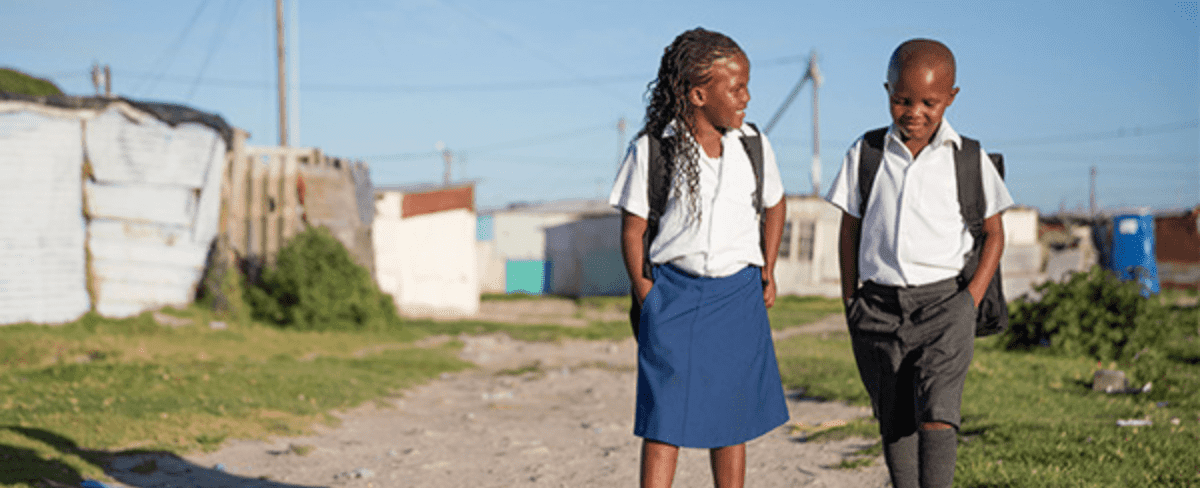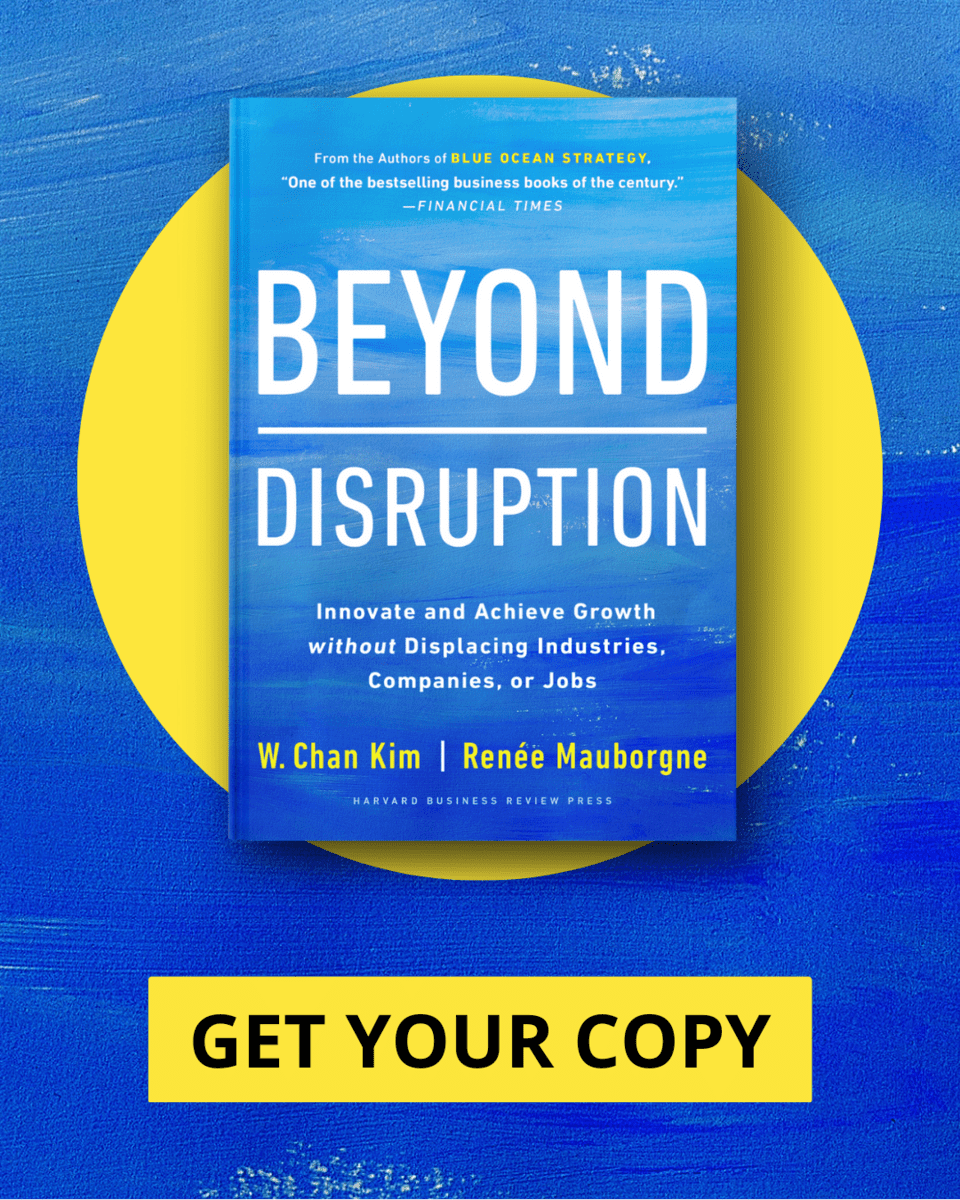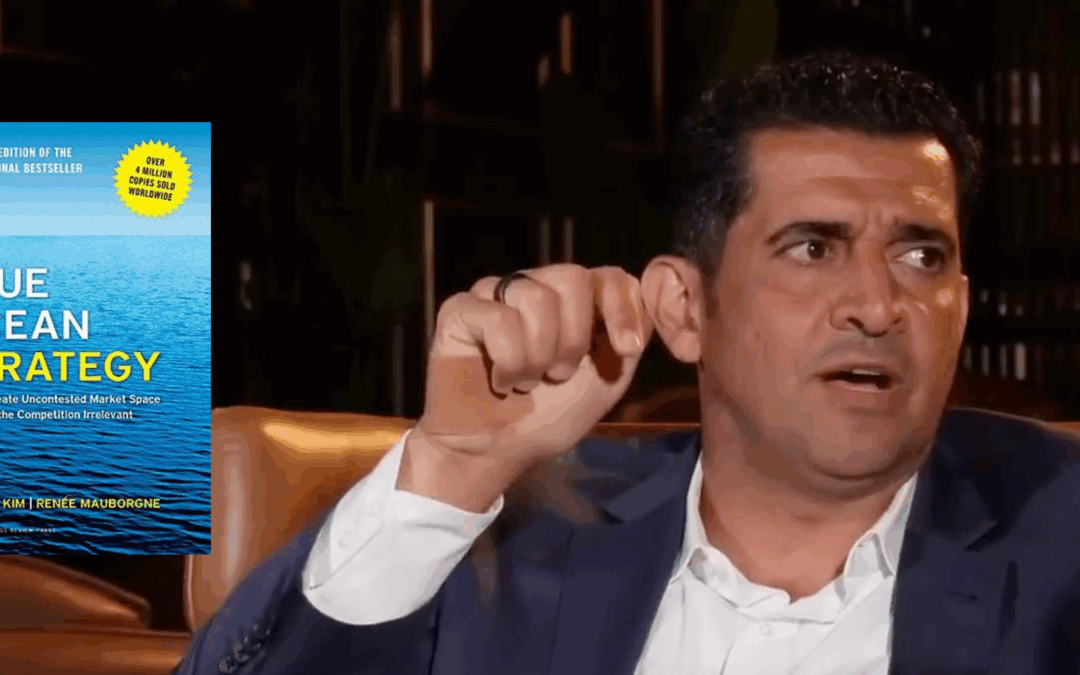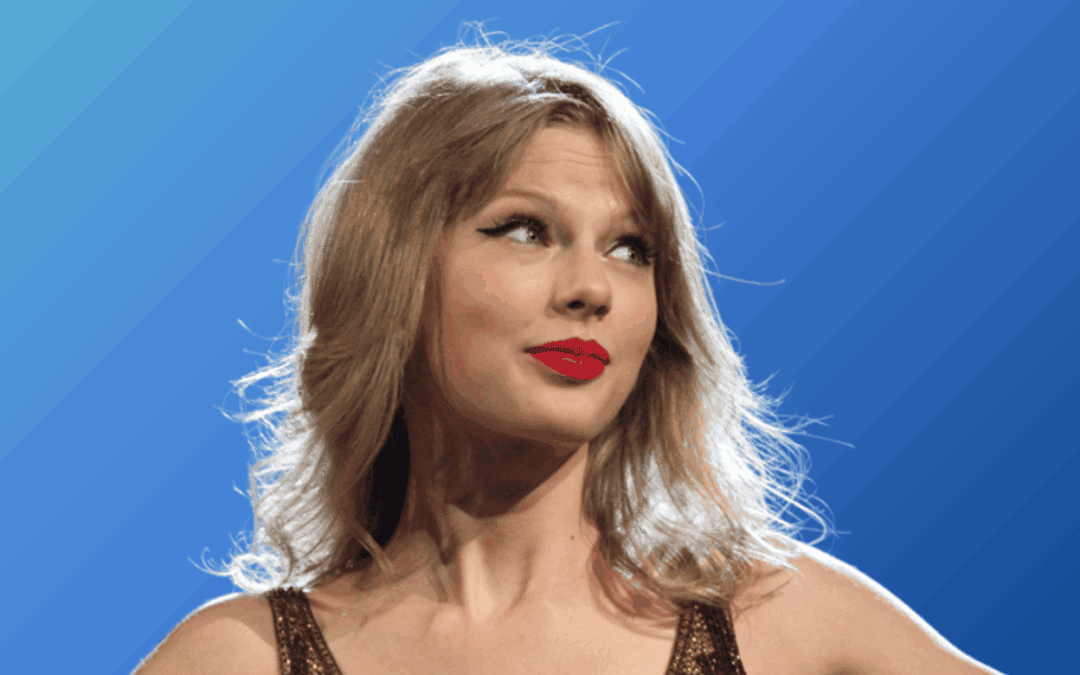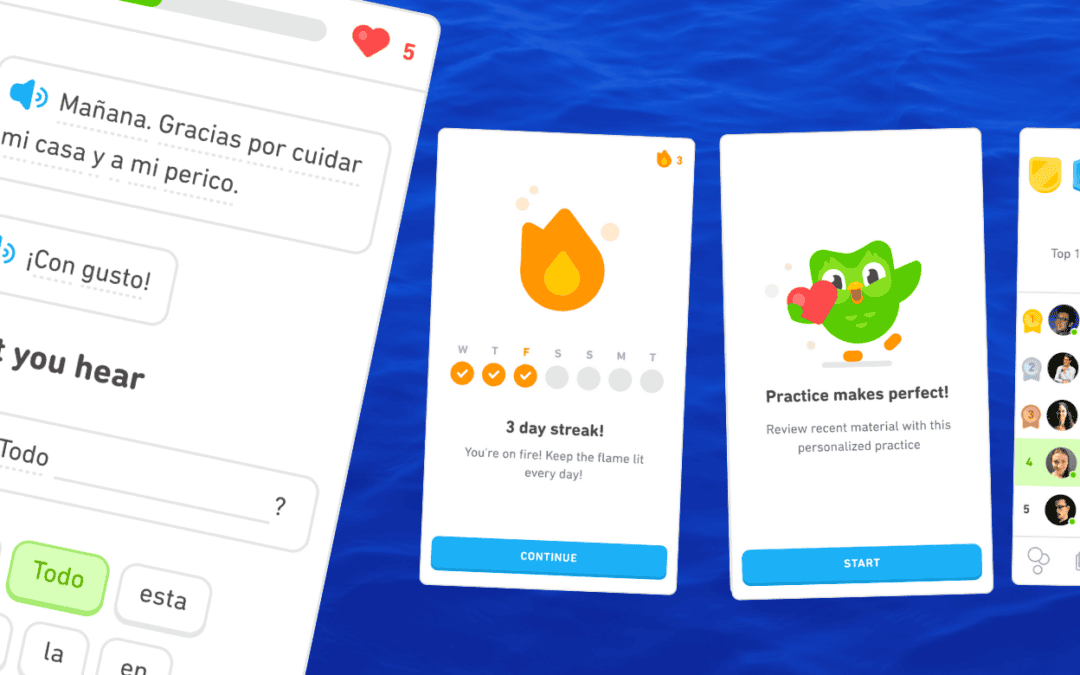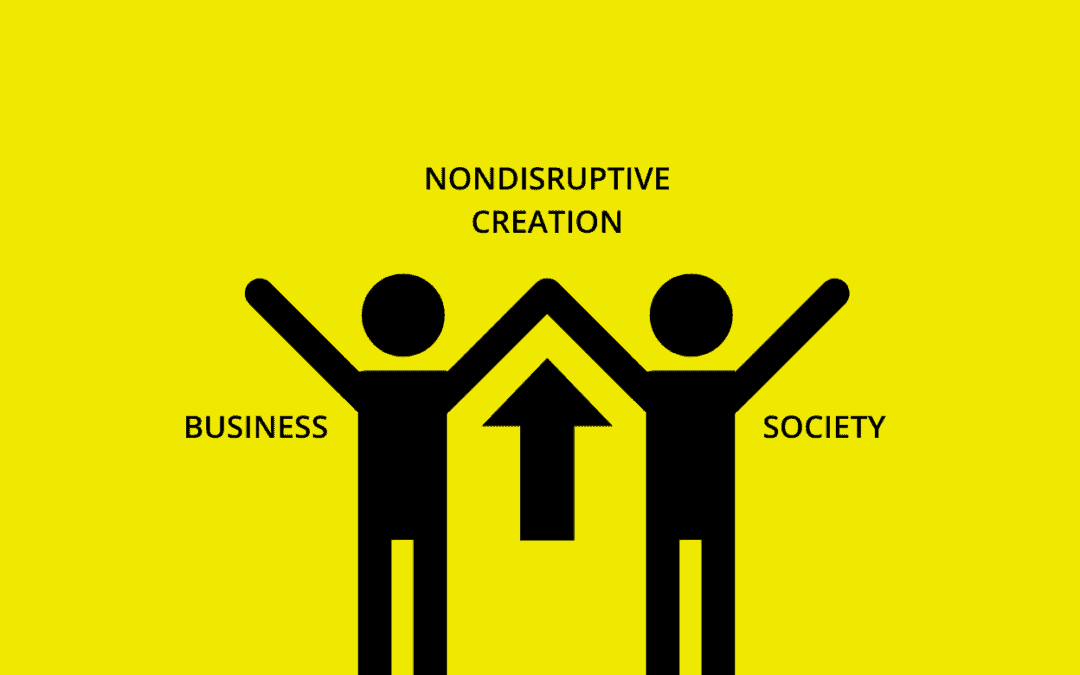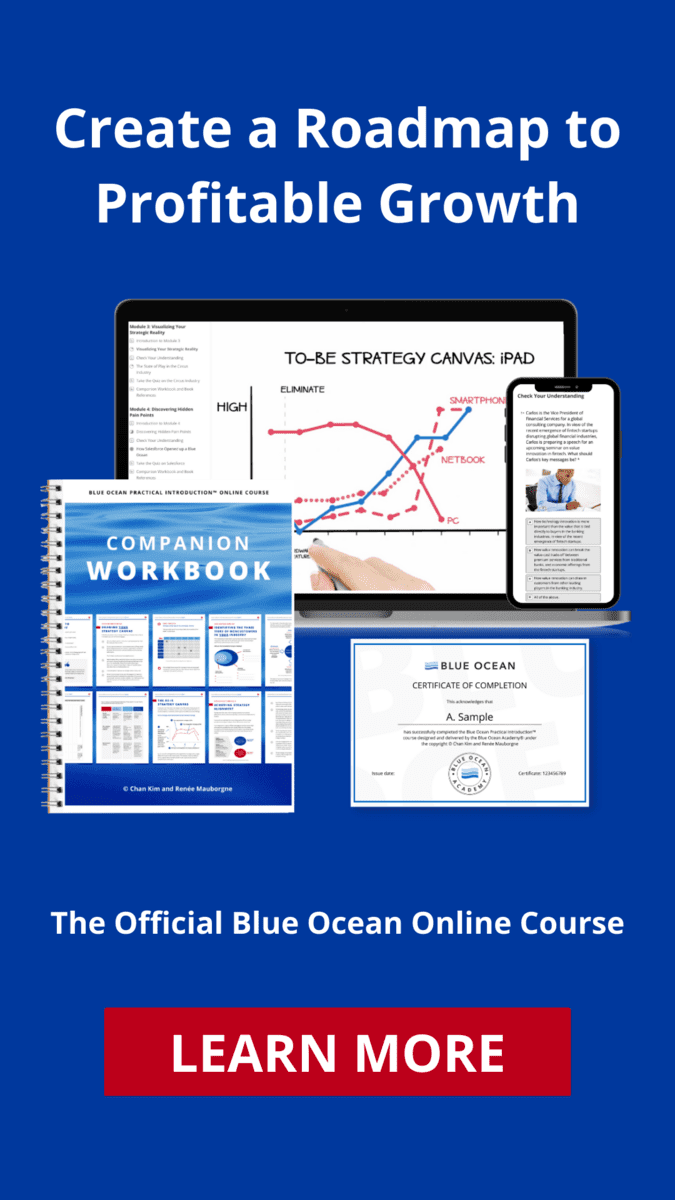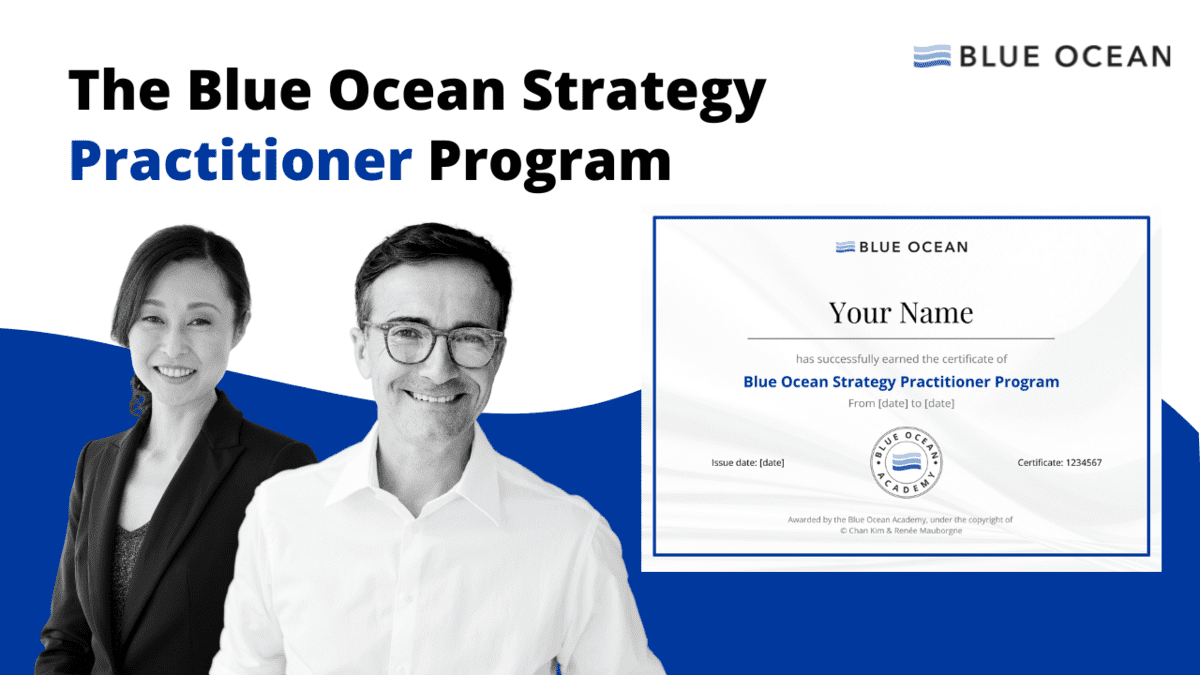Founded in April 2011, The FunDza Literacy Trust is a nonprofit trust that is striving to create a blue ocean of literacy in South Africa. Observing that there is a real need for improving literacy and growing a culture of reading in South Africa, particularly among the poorest citizens, FunDza wanted to unlock the ocean of noncustomers, mainly teens and young adults, to create new demand for reading to educate and empower the population. FunDza achieved both differentiation and low cost, the cornerstone of blue ocean strategy, by reinventing the content and delivery of books.
The fast, rising success of FunDza is reflected in the many distinctions it has received. In the past two years, FunDza was a finalist for The WISE Awards and The Tech Awards (Microsoft Education prize) in 2014, it was recognized by FastCompany as One of the Top 10 Most Innovative Companies in Education in the World in 2013, it was named one of the most inspiring examples of social tech innovation from around the world on the 2013 Nominet Trust 100, and it was selected by The Africa Report in 2013 as one of “Thirty ideas shaking up Africa.”
The importance of FunDza’s mission and its effective unlocking of a blue ocean in raising literacy in South Africa inspired the Blue Ocean Strategy Team to interview its Managing Trustee, Mignon Hardie.
The BOS Team: Can you describe the South African literacy culture & educational system and how you came to focus on South African youth who have, in effect, been noncustomers of reading?
Mignon Hardie: We started FunDza in April 2011. It was an urgent need that we could see in South Africa. Our education system is not delivering what people need in order to create the social mobility for our country to become truly democratic. 20 years after democracy there is still this gap between rich and poor. Education should be the big driver of economic and social mobility, but it is just not delivering on that. There are so many reasons for that, but an important one is that South African literacy rates are far below what they should be. Again, one of the reasons for this is because there is not a culture of reading in South Africa. And there is not a culture of reading because books are incredibly expensive and content is not being produced that engages South African youth as they are such a small fraction of existing readers.
Research published by Oxford University shows that teenagers who were reading for pleasure often achieve better professional and academic results, just because of their reading habit. But so few have a habit of reading and very few have functional literacy skills, particularly those from poor communities. There are not masses of libraries, schools do not have libraries and the books were not made to get young people excited about learning to read. So we thought we needed to find ways to change that.
The negative cycle reinforcing low literacy rate among youth in South Africa
BOS: You seem to be describing a negative self-reinforcing cycle at work: The book publishing industry in South Africa doesn’t focus on youth, especially in under-resourced areas, because they have historically been a small share of active readers. And by not focusing on youth and removing their pain points, these noncustomers of reading remain precisely that: noncustomers. It was that counter-productive cycle, which can be debilitating for societies that you set out to reverse with FunDza.
MH: In effect, yes, that was our aspiration.
BOS: When you look at the population of South Africa, it quickly becomes apparent that the local book industry essentially ignored the majority of South African youth. With some 51% of the population below the age of 25, and only a share of those active readers, the noncustomers of the book industry represented a veritable ocean of new demand to unlock.
Which key factors did you explore to unlock new demand for reading among the teens and the young adults in South Africa?
MH: To tap into this youth market specifically for people living in under-resourced communities and get them excited about reading we started to look at:
- How can we make the kind of content that would excite and engage South African youth? If we could produce the ‘right’ content, we felt we would be in a better position to grow a culture of reading.
- How can we make content cheap and easy to use so youth would not only want to read but would also have access to books?
- Building on point two, we looked to mobile technology: books are really rare in South Africa, but mobile phones are everywhere so we saw it as a good way to reach the underserved market of young people by changing the way books are delivered and read.
We also thought that we would need to develop young writers as well. Because it is not about just becoming a consumer, it is also about becoming a co-creator so we wanted to find a way of really getting people to feel that their stories add value and that there is a space where they could publish them as well.
How Fundza creates a leap of value for readers and improves South Africa’s literacy rate
BOS: Would you explain how FunDza creates a leap of value for readers?
MH: We started three programs. The first program was “Popularising Reading” and there we are working with beneficiary groups. It can be a school, a library or reading groups around the country. They can sign up so they register with us and we will send them sets of accessible and exciting books for teen readers and support material on how to use the books in a learning environment. While an important first step, we realized its reach was limited and the cost per book was still high.
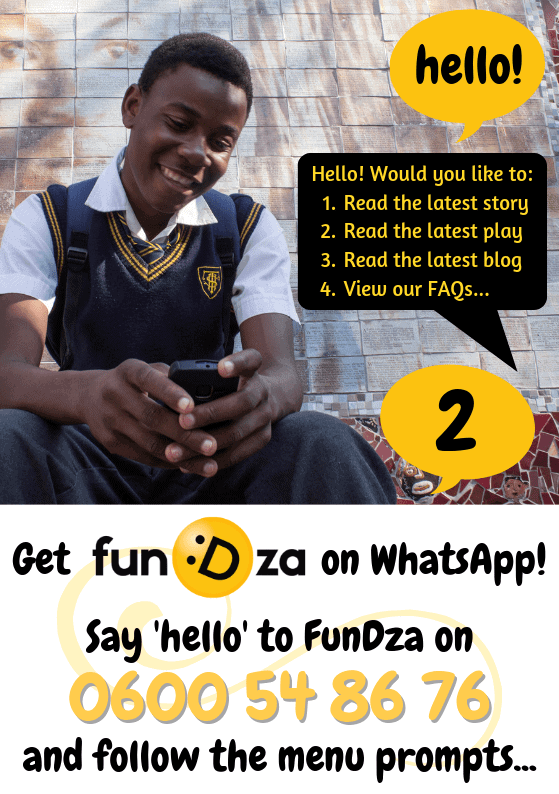
Flyer for FunDza’s WhatsApp Business account through which anyone can find a selection of stories, poetry, blogs and plays.
That triggered our second program, which is the cornerstone of FunDza, “Growing Communities of Readers.” It is the one that leverages mobile technology as a delivery platform. We are using cell phones in order to deliver fantastic locally created content. The use of mobile phones brings stories directly to potential readers wherever they are as cell phones are increasingly ubiquitous across all economic groups. With the stories locally tailored to readers’ lives, free and easy to access, three of the largest barriers to reading have been overcome for non-readers. Its potential reach is enormous while the cost for delivery of content is close to zero.
We complemented that by creating a leap in value in our product – the nature of stories we offer. We have fresh locally relevant content coming all the time. These stories have a lot of meaning because they deal with issues that many young South African people can relate to like teen pregnancy, crime stories, HIV, and so on. If young people can read stories about other people who have overcome the same challenges that they confront, it gives them confidence.
With the stories locally tailored to readers’ lives, free and easy to access, three of the largest barriers to reading have been overcome for non-readers. Its potential reach is enormous while the cost for delivery of content is close to zero.” In other words, FunDza is differentiated and low cost.
To create a habit of reading, every week we have a new short story that is uploaded to our mobile-accessible platform. We serialize stories over a week so each day there is new content for readers. This method gets readers to visit the mobi network frequently and not feel overwhelmed by long stories that might turn off new readers. We also ask discussion questions at the end of each chapter so it is interactive and people feel like they are contributing to the platform. They are not passive consumers but active collaborators. This has been really successful for us. We have more than 50,000 users every month. We have hundreds of comments every day as well.
When we started FunDza we did not have the idea for our third program, “Developing Young Writers.” We began it because readers started asking us to publish their pieces. So we created a new section called the ‘FunDza Fanz’ that provides a platform for young writers to publish their work and showcase their writing. Thanks to that, we get a lot more great content for our readers and it is also a way for us to identify new talented writers who could become our professional writers. Quite a few young people have gone through this process. They have worked with professional writers, getting mentored and then write for us professionally. It is one of the benefits that we did not consider when we first started. We did not think there would be so many young people who would be excited about writing as a career. It is very nice to be supported in that area.
The Strategy Canvas of FunDza captures how FunDza stands apart and offers young South African readers both a leap in value and lower costs.
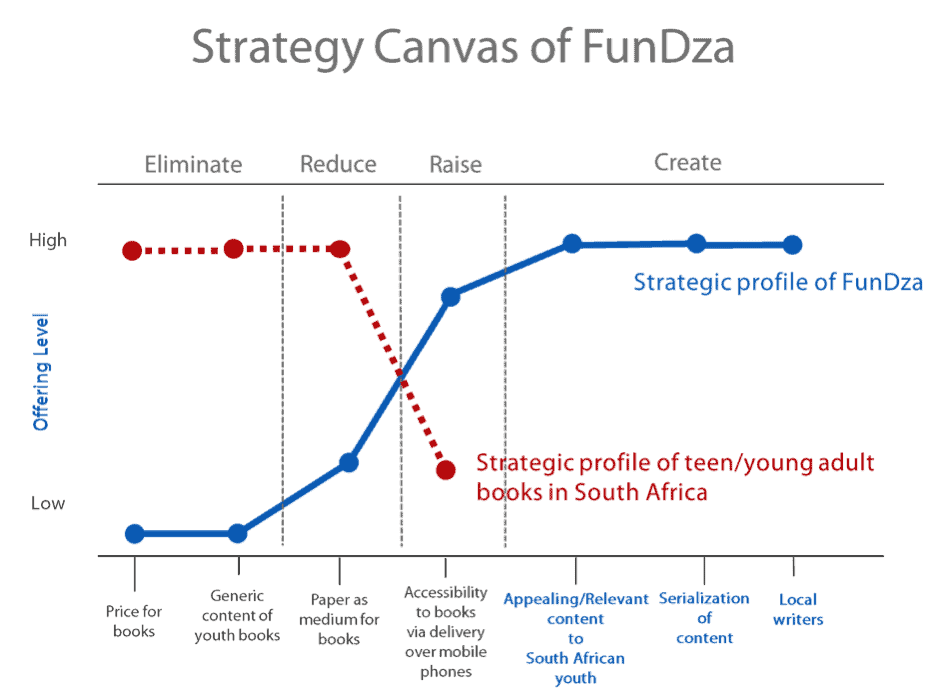
BOS: What were the biggest challenges you faced when you started FunDza to unlock a blue ocean of new readers, and how did you overcome them?
MH: The first challenge was the funding challenge. We had an idea but we needed to get support in order to make sure that we could do something to make our idea concrete and show that we had a solution that was potentially workable.
In order to try to demonstrate that our solution could work we did as much as we could on a shoestring budget by ourselves. We built a really small “mobi library” with some content that people would want to read and got our books to a couple of different schools and libraries, and the feedback we got verified that our content we were creating was succeeding to excite young people about reading.
Then we got three funders. Once we had that, it was far easier to demonstrate that we could make this work. Thanks to that initial support, growing our funding base became far less challenging as we could prove our model was working.
Another challenge was technology. Technology is always developing and changing. We tried to reach people where they spend their time, their mobile phones. At the same time, in South Africa, and in fact all over the world, there is this move from feature phones to smartphones. Our first solution was aimed at feature phones. However, we need to continuously adapt now to smartphones to reach people in increasingly better and more relevant, low-cost ways.
BOS: How has your blue ocean impacted the population? How is your work perceived and what feedback have you received?
MH: We get amazing feedback every day. I saw a comment on our site this morning from someone who was reading a story about failure. This person was saying that she was studying and was failing her first year and had actually thought about killing herself. But then she read our story and she realized that there was so much more to life and that she did not want to give up. Our readers really relate to the characters and to the content. It speaks to them at quite a deep level. We are very happy about that.
When you can find the kind of content which is going to get people thinking about themselves, reflecting on their lives, and offering potential solutions to the problems they face, then you really can create new readers, or make people that have never read before excited about reading.” The result: FunDza is unlocking an ocean of noncustomers.
In terms of feedback from schools and beneficiary groups, they say that our books are getting young people reading in ways that they have not seen previously. That seems to be across the board. When you can find the kind of content which is going to get people thinking about themselves, reflecting on their lives, and offering potential solutions to the problems they face, then you really can create new readers, or make people that have never read before excited about reading. They suddenly see that reading is not just for text book reading, not only about learning facts, it is actually about something fun, deep and meaningful, that can have an impact on their own life and decisions. That I think is really important.
We have been really lucky. We do get amazing feedback from people and we have been blessed also with a lot of recognition outside. This last year we were on of the fifteen finalists for the WISE Award (World Innovation Summit for Education). FunDza has also been selected as one of five finalists for the ‘Microsoft Education Award’ for ‘providing 50,000 young people in South Africa with access to reading material on their cell phones’.
We are really excited to learn from the feedback that we receive, that the stories are connecting to people in deep, meaningful way that impacts their lives. That is the big reward.
BOS: What would be your biggest wish for FunDza and for South Africa in the next five years?
MH: In terms of FunDza, we would love to reach more and more people and that is something we are trying to do at the moment through technology development but also via partnership with other people.
In terms of South Africa, I just think that if we can build a really literate, creative and engaged youth then this country would have so much potential to create great things. It is my hope that somehow the impact that we have, and many other organizations in South Africa are having, is helping to build this educated, engaged and excited group of young people who are able to problem-solve and think critically about issues that face them now and in the future.
Visit The FunDza website to learn more.
